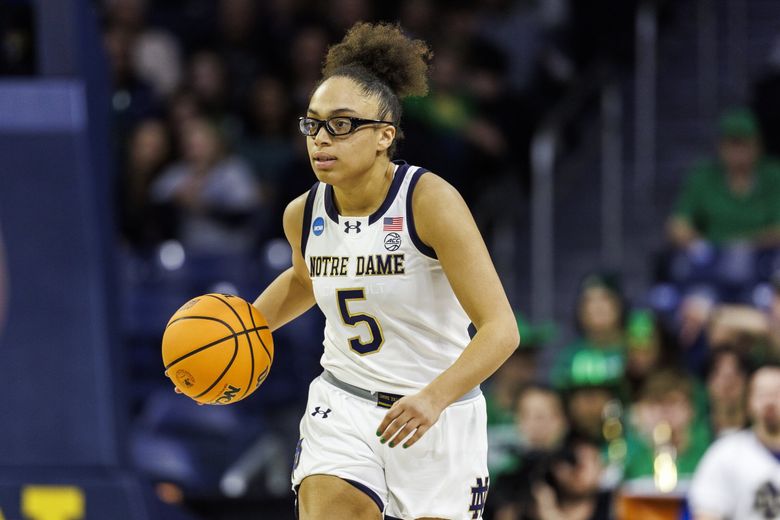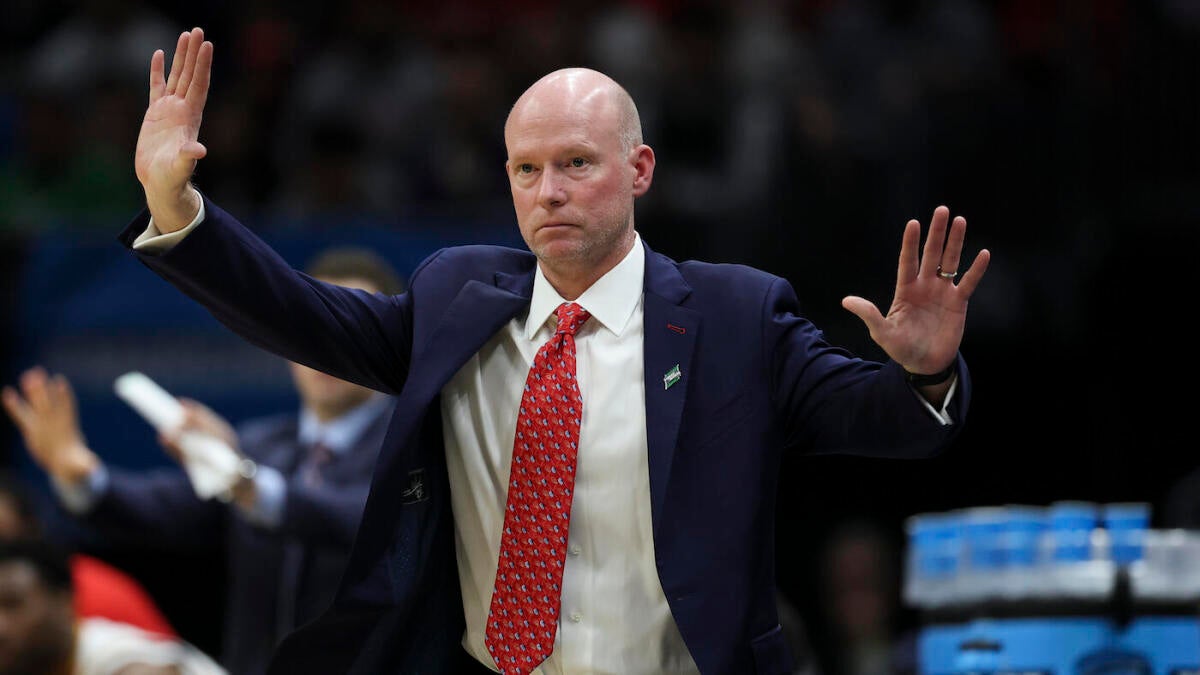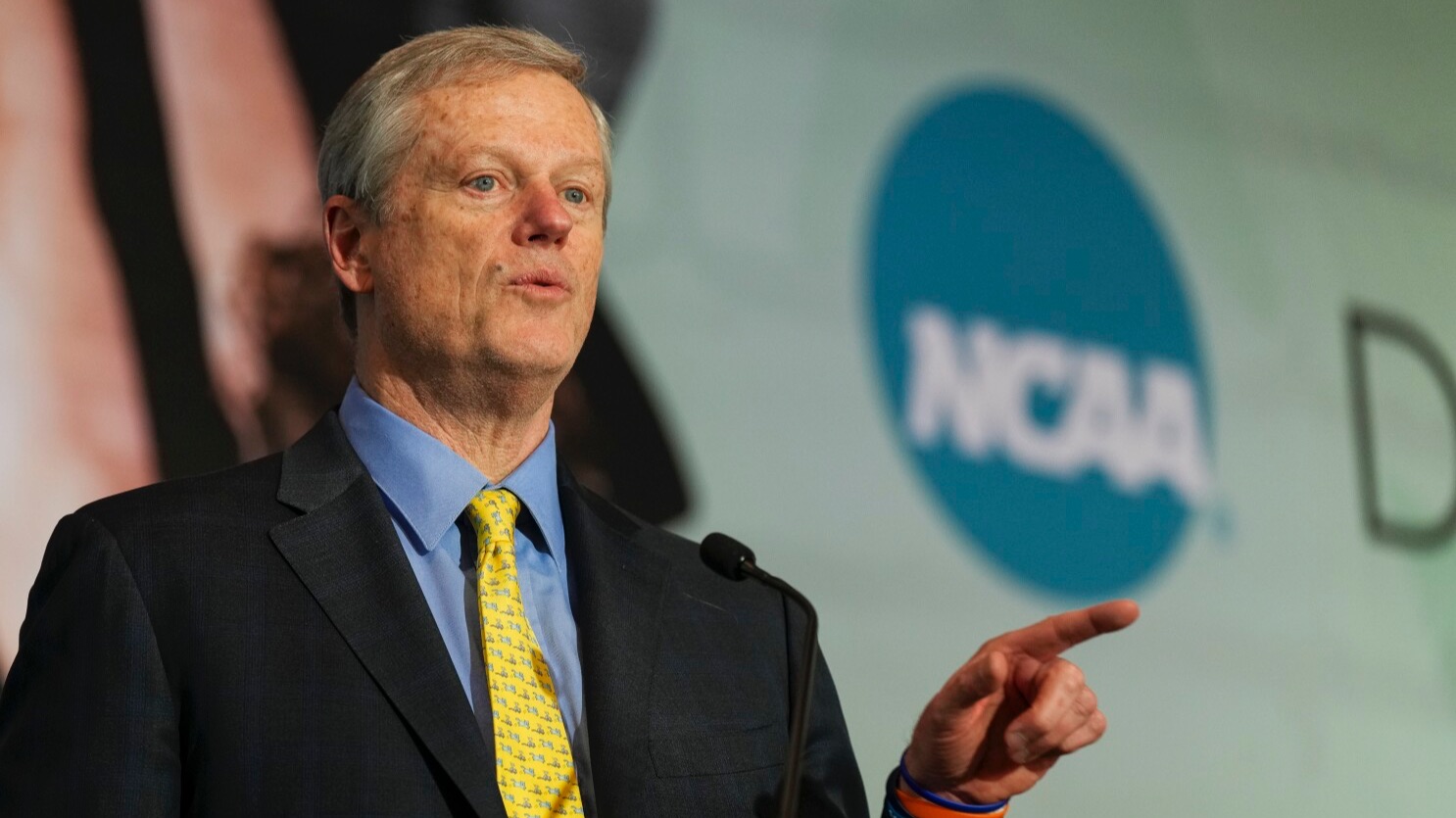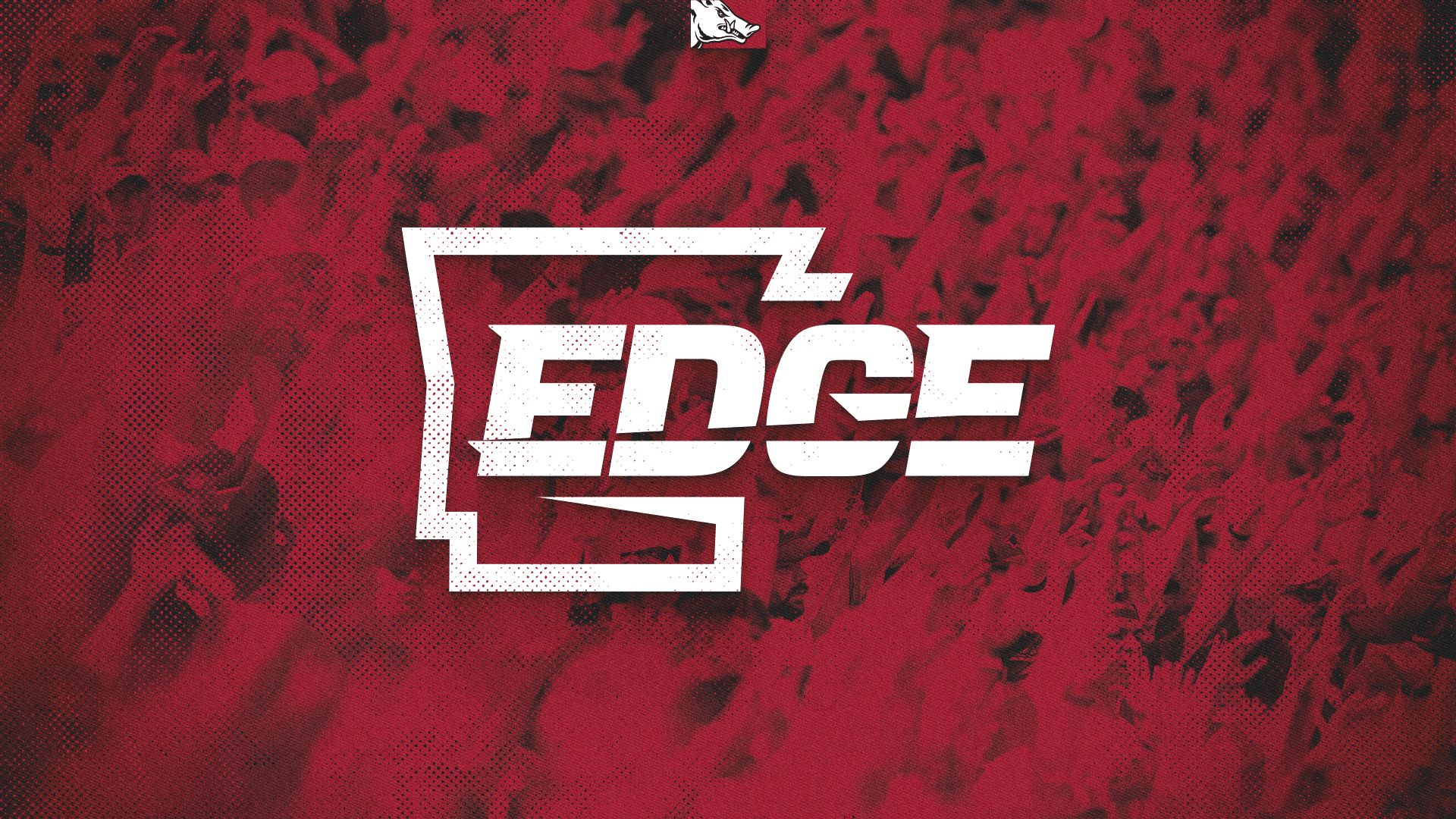Olivia Miles stays in college as NIL outweighs top WNBA draft pick money
Apr 01, 2025Below are the top NIL headlines from March 31st:
Olivia Miles's Strategic Move: A New Era for Women's Basketball?

Olivia Miles, a standout basketball player, has made a significant decision that highlights the evolving financial landscape of women's sports. Instead of entering the 2025 WNBA Draft, where she was projected as a top-five pick, she's entering the transfer portal for another year of college. This move underscores a growing trend where top athletes are strategically navigating their careers to maximize both financial and developmental opportunities.
Financial Considerations: WNBA vs. NIL and Revenue Sharing
A key factor in Miles's decision is the current WNBA rookie salary structure. Top picks in 2025 will earn around $76,000 in their first year, a figure that doesn't fully reflect their market value. By staying in college, Miles can leverage lucrative NIL deals and potentially benefit from the upcoming NCAA House settlement's revenue-sharing model. This could mean earning more in college than as a rookie in the WNBA, especially considering her established brand and marketability.
The Impact of the Upcoming WNBA CBA
Miles's decision is also influenced by the upcoming WNBA Collective Bargaining Agreement (CBA). The current CBA, signed in 2020, is ending, and the WNBPA is negotiating a new deal that is expected to significantly increase rookie salaries. Delaying her WNBA entry allows Miles to potentially enter the league under more favorable financial terms, where rookie salaries could reach low six-figures.
A Trend Among Top Prospects: Azzi Fudd and Beyond
Miles isn't alone in this strategic approach. UConn's Azzi Fudd also announced her decision to stay in college, further diminishing the 2025 WNBA Draft pool. This trend indicates that top prospects are increasingly weighing the immediate financial benefits of college against the potentially lower initial earnings in the WNBA. The ability to build their brand and capitalize on NIL deals is proving to be a powerful incentive.
The Future of Women's Basketball: Balancing College and Professional Opportunities
Miles's decision reflects a broader shift in how women's basketball players are managing their careers. The convergence of NIL opportunities, potential revenue sharing from the NCAA, and the impending WNBA CBA is creating a complex financial landscape. Athletes are becoming more empowered to make decisions that prioritize their long-term financial and professional growth. This trend is likely to continue, reshaping the dynamics between college and professional women's basketball.
Coaches and the NIL Portal: A New Era?

The landscape of college sports is shifting dramatically with the rise of NIL deals and the prevalence of the transfer portal. This raises a crucial question: will coaches, like athletes, begin moving not just for better jobs, but for better NIL funding environments? Recent developments, such as Kevin Willard's move from Maryland to Villanova, suggest this trend might be emerging.
The Willard Case: A Symptom of Change?
While coaches have always sought better opportunities, Willard's situation is unique. His public statements emphasized the necessity for "fundamental changes" in Maryland's NIL strategy. He explicitly stated that his continued presence hinged on improving the program's NIL competitiveness, indicating a direct link between coaching decisions and NIL funding. This highlights a potential new dynamic in coaching moves.
NIL's Impact on Coaching Decisions
Willard's concerns about Maryland's NIL standing, despite the athletic department's overall revenue, reveal a growing tension. He pointed out that Maryland's NIL efforts were "one of the worst" over the past two years, even though the basketball program received significant NIL funding. The move to Villanova, a basketball-centric program in the Big East, suggests that program focus and NIL support are becoming key factors for coaches.
Conference Dynamics and Program Priorities
The Big East, with its strong basketball focus and less emphasis on football, is attracting top coaching talent. Coaches are drawn to conferences where their sport is prioritized and where they don't have to compete for resources with football programs. This shift underscores how NIL and revenue sharing are reshaping conference dynamics and program priorities.
The Financial Reality and Future Trends
Maryland's move to the Big Ten, while financially lucrative, has created a situation where basketball's needs are potentially overlooked. The disparity between overall athletic department revenue and specific program NIL funding raises questions about resource allocation. As NIL continues to evolve, coaches may increasingly leverage their positions to demand better financial support for their programs, potentially leading to more strategic moves based on NIL opportunities.
Implications for College Sports
This situation signals a potential paradigm shift where coaches, like athletes, will navigate their careers with a keen eye on NIL opportunities. This trend could further destabilize the college sports landscape, forcing universities to reassess their financial strategies and program priorities to remain competitive.
NBA Stars as College Sports Executives: A New NIL Era Twist

The college sports landscape is undergoing rapid transformation, particularly with the advent of NIL and the impending revenue-sharing model. In a surprising development, NBA star Trae Young has accepted the role of assistant general manager for the Oklahoma Sooners, following a similar move by Stephen Curry at Davidson. This trend signifies a novel approach to leveraging alumni influence in the NIL era.
The Rise of General Manager Roles in College Athletics
Universities are increasingly creating general manager positions to manage the financial complexities of NIL and revenue sharing. These roles aim to alleviate the burden on coaches, allowing them to focus on on-field performance. The addition of high-profile alumni like Curry and Young adds a unique dimension to these positions, bringing both star power and business acumen.
Trae Young's Role and Impact at Oklahoma
Trae Young's appointment as assistant general manager for the Sooners is coupled with a $1 million donation to the program. While the specifics of his day-to-day responsibilities remain undefined, his involvement is expected to focus on enhancing business opportunities and recruiting efforts, particularly during the NBA offseason. Young's stated desire to "help just kind of push" the program reflects a growing trend of alumni engagement in the NIL space.
Addressing NIL Challenges and Enhancing Competitiveness
Oklahoma, like many institutions, has faced challenges in securing competitive NIL funding. This has negatively impacted their ability to attract top recruits and retain players. Young's involvement, both through his financial contribution and his influence, aims to address these challenges. By leveraging his network and brand, he can potentially create more lucrative NIL opportunities for Sooners athletes.
The Trend of Alumni Involvement: A Future Model?
The moves by Stephen Curry and Young suggest a potential trend where universities engage high-profile alumni in strategic administrative roles. This approach could become increasingly common as schools seek to navigate the complexities of NIL and revenue sharing. While the long-term impact of these roles is yet to be determined, they represent a significant shift in how universities are leveraging their alumni networks.
Uncertainties and Potential Benefits
While the exact nature of Young's and Curry's roles remains somewhat ambiguous, their involvement highlights the evolving relationship between professional athletes and their alma maters. These moves could significantly enhance a university's brand, recruiting efforts, and financial competitiveness in the NIL era.
Stay in the loop with key NIL Happenings!
Join our mailing list to receive weekly NIL newsletters on key developments in the NIL landscape.
We love NIL, but hate SPAM. We will never sell your information, for any reason.





